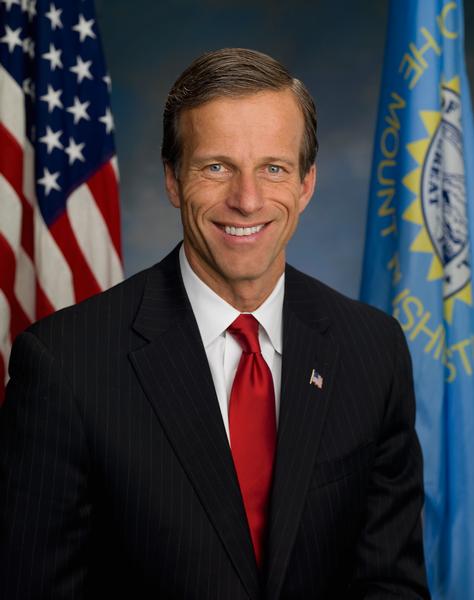
The Opportunity to Play
By Sen. John Thune
Like a lot of South Dakotans, I can’t wait for Friday night lights in the fall. I enjoy being able to attend games and other sporting events around the state throughout the season. Friday night football, Dakota Relays, Legion baseball, and the Summit League tournament – they’re all part of the sports heritage that we cherish and that we are proud to pass on to the next generation of South Dakota athletes.
College sports have a special place in South Dakota. Many South Dakotans continue following athletes from their hometown who keep playing in college or who go on to play professionally. I know the impact that college sports can have on athletes. My daughter ran cross country in college, and she was inducted into her college’s hall of fame a few years ago. My dad played basketball for the University of Minnesota where he was lucky enough to get a scholarship that covered room and board. He was the team’s MVP during his junior year and the high point man in a game at Madison Square Garden in 1940 – quite the journey for a small-town kid from South Dakota.
Sports have certainly changed a lot since my dad played for the Gophers. But one of the most significant changes for college sports came recently with rules that allow college athletes to benefit from their name, image, and likeness (NIL). For many athletes, this is a welcome development. But, while NIL presents new opportunities for student athletes, it also brings challenges and complexities for them to navigate.
I recently joined NCAA President Charlie Baker for a discussion with student athletes and administrators hosted by Augustana University in Sioux Falls. The student panel spoke to some of the complexities of NIL, the need for a level playing field, and their hope that college sports will remain focused on playing the game, and not just making money. Their personal insights will be helpful as conversations continue in Congress about a federal role in setting NIL standards.
In my view, we need to ensure there is continued competition between large and smaller schools. A uniform set of standards to replace the existing patchwork of state laws that sometimes advantage public colleges would ensure there is a level playing field for all college athletes and their schools, no matter their size. National standards should also protect student athletes from being taken advantage of by bad actors.
One solution I’ve proposed is the Athlete Opportunity and Taxpayer Integrity Act, a bipartisan bill that would prohibit outside organizations and collectives from writing contributions off their taxes that are being used to compensate athletes. Student athletes now stand to benefit from opportunities related to their own NIL, but taxpayers shouldn’t be subsidizing such recruitment methods or payments.
As the new NIL era unfolds, it’s important that we safeguard the things that make college sports uniquely great. I appreciate Augustana University for hosting this timely discussion and the student athletes for their insight. I’m looking forward to seeing South Dakota’s athletes compete this fall, and I wish them the best of luck this season and with the opportunities ahead.
###
